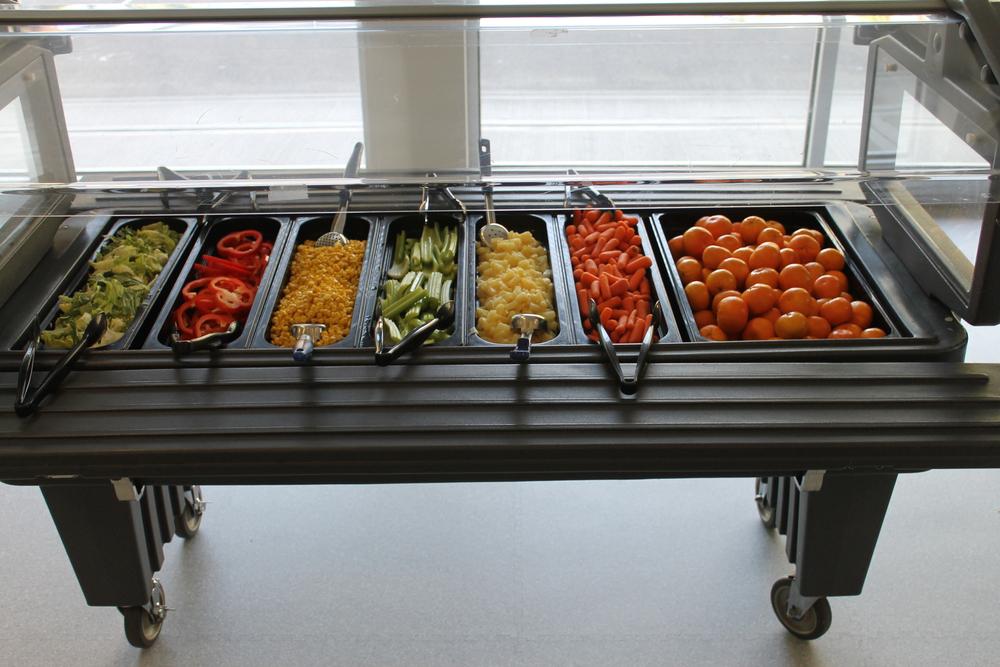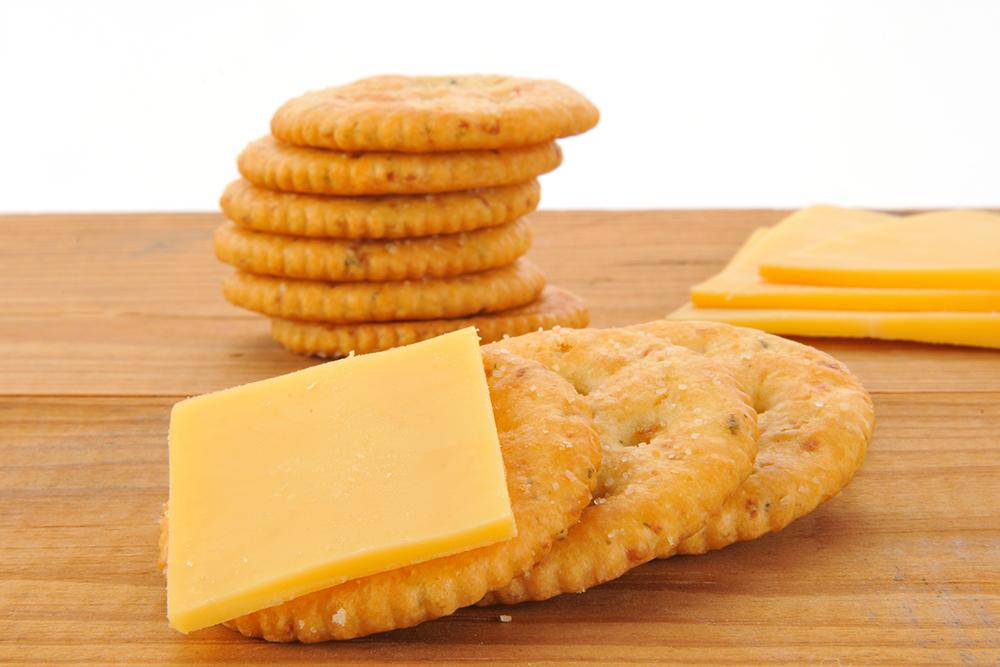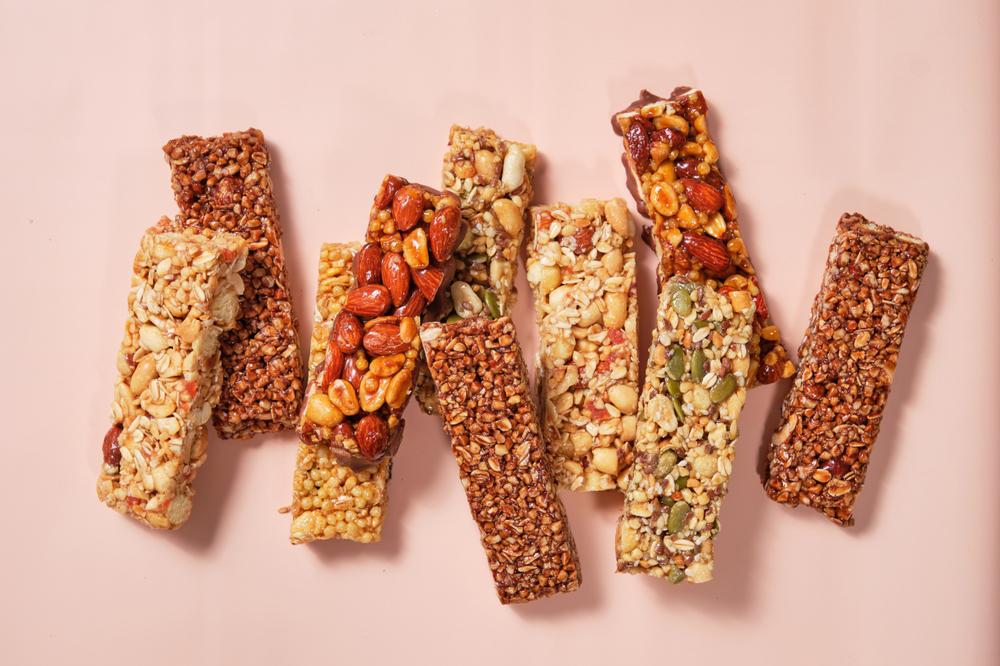 If you’ve been wondering if you should start feeding your growing athlete an organic diet, the answer isn’t a simple yes or no. There are certain reasons that an organic diet may be healthier, but eating more fruits, vegetables, and lean proteins in general is perhaps even more important.
If you’ve been wondering if you should start feeding your growing athlete an organic diet, the answer isn’t a simple yes or no. There are certain reasons that an organic diet may be healthier, but eating more fruits, vegetables, and lean proteins in general is perhaps even more important.
“There are a number of reasons that an organic diet may be healthier, including more nutrient availability, a greater number of antioxidant phytochemicals, and lower pesticide amounts,” explains TrueSport Expert Kristen Ziesmer, a registered dietitian and board-certified specialist in sports dietetics. “However, eating an overall balanced diet with fruits, vegetables, whole grains, and lean proteins is more important than eating an unbalanced, organic diet.”
Here’s what you need to know to shop organic in a thoughtful way.
1. Look at the Dirty Dozen
When it comes to produce, if the fruit or vegetable has a thick skin, then the pesticides are less likely to permeate that skin. Bananas and oranges, for example, are generally fine to buy non-organic. But it’s better to buy organic strawberries or other berries that have a very thin skin. Every year, the Environmental Working Group releases the Dirty Dozen, the list of the best foods to buy organic. In 2020, for instance, strawberries, spinach, and kale topped the list of foods that contain the most pesticides. (The Environmental Working Group also has the Clean 15, a list of the cleanest options to buy if you can’t find organic options or are on a tight budget—this year’s chart-toppers were avocados, sweet corn, and pineapple.)
2. Aim for local
“Another good option is just to buy from a farmer’s market or from a local farmer, because a lot of times, the smaller farms actually do practice organic or low-pesticide farming,” Ziesmer says. “If you go to a farmer’s market, talk to the farmer and ask about their practices.” It’s also a better way to ensure high nutrient-density in your fruits and vegetables since the nutrients in produce decrease over time and local foods can be consumed sooner.
3. Wash your fruit and vegetables
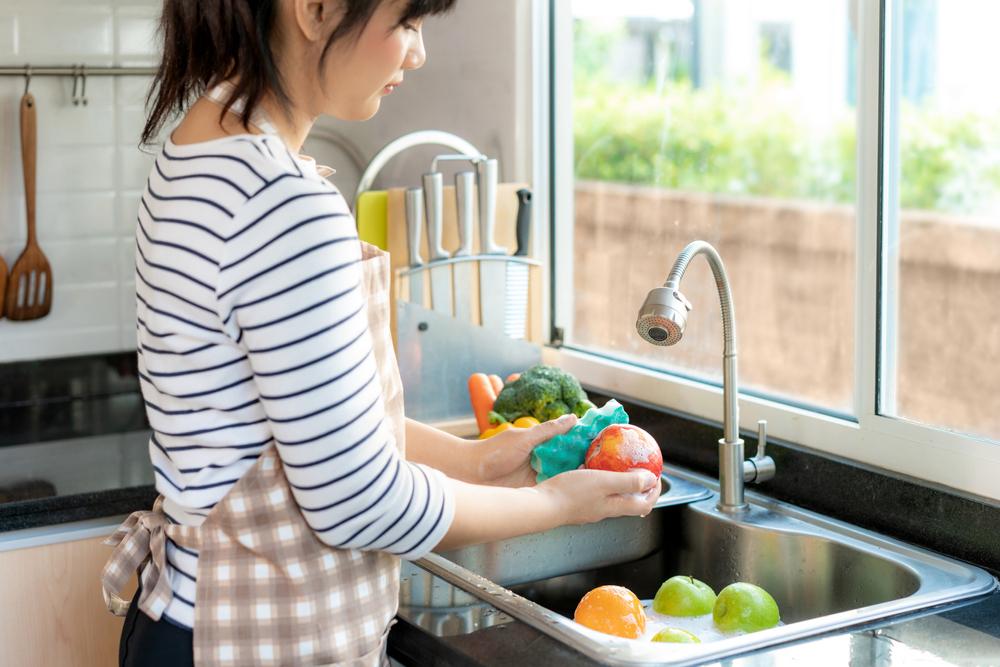 You might be surprised to realize that you can wash some pesticide and chemical residue off traditionally grown fruit and vegetables, especially those with a thicker skin. “It’s not going to get rid of it completely because pesticides permeate through the skin. But it would certainly help,” Ziesmer says. Research has shown that rinsing fruits like apples with water and baking soda can dislodge certain pesticides.
You might be surprised to realize that you can wash some pesticide and chemical residue off traditionally grown fruit and vegetables, especially those with a thicker skin. “It’s not going to get rid of it completely because pesticides permeate through the skin. But it would certainly help,” Ziesmer says. Research has shown that rinsing fruits like apples with water and baking soda can dislodge certain pesticides.
4. Start drinking organic early
“I recommend that people do buy organic milk because those cows are not treated with antibiotics unless they absolutely need them due to illness. If a dairy cow has too many antibiotics, then that medication can end up in the milk, which could cause antibiotic resistance in your child,” Ziesmer says. “The earlier your child starts drinking organic milk, the better, because all of those antibiotics can build up in their system.”
5. What you need to know about grass-fed beef
“This is actually kind of a cash cow right now—pun intended,” says Ziesmer. While grass-fed beef is trendy, you can’t always buy into the hype. Yes, grass-fed meat is healthier because by eating all that grass, the good fats—Omega-3s increase—while the unhealthy Omega-6 fats decrease in the cow. But the problem is that any cow that’s been fed grass even once can be considered grass-fed.
“So the best thing that you could do is find a local meat farmer who you can vet based on their practices,” Ziesmer adds. Butcher Box, the online ordering service, is another way Ziesmer recommends getting good-quality meat.
6. Look for free-range chickens
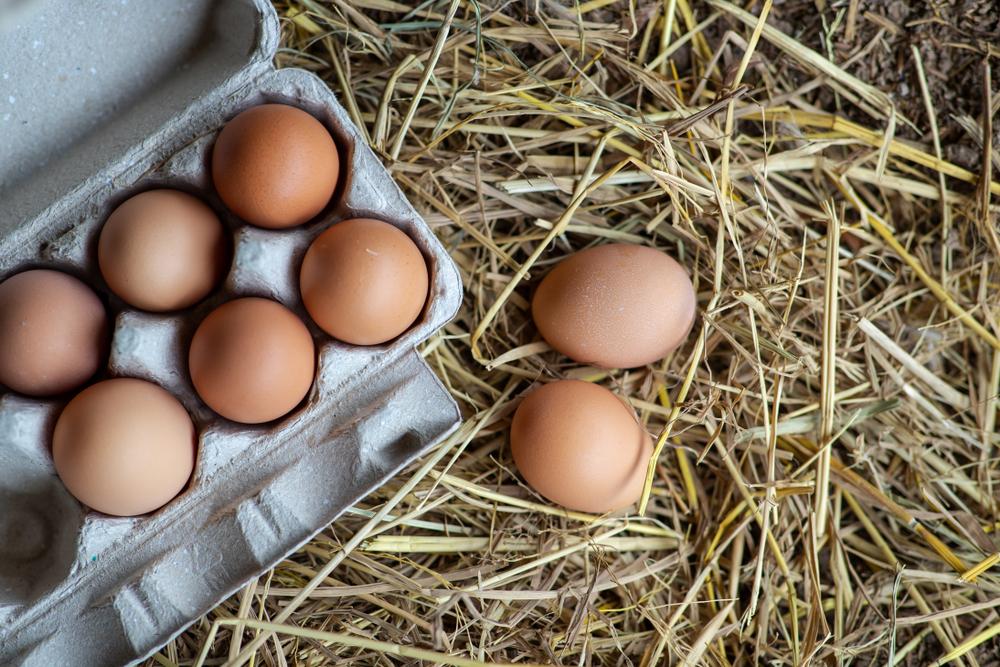 Free-range eggs are similar to grass-fed meat: they should be lower in saturated fat and lower in cholesterol because the chickens are eating bugs and seeds from a pasture. But again, the problem is that the designation ‘cage-free’ could be applied if the chickens were housed in a warehouse and not outside. “Do some research and find companies that are open about their standards,” Ziesmer says. “Additionally, a lot of farmer’s markets now have people who are selling eggs, or you could even consider having backyard chickens to get your own eggs!”
Free-range eggs are similar to grass-fed meat: they should be lower in saturated fat and lower in cholesterol because the chickens are eating bugs and seeds from a pasture. But again, the problem is that the designation ‘cage-free’ could be applied if the chickens were housed in a warehouse and not outside. “Do some research and find companies that are open about their standards,” Ziesmer says. “Additionally, a lot of farmer’s markets now have people who are selling eggs, or you could even consider having backyard chickens to get your own eggs!”
7. Don’t let perfect be the enemy of good
After researching the benefits of organic options for children, Janet Silverstein, MD, FAAP, a member of the American Association of Pediatrics, concluded, “What’s most important is that children eat a healthy diet rich in fruits, vegetables, whole grains, and low-fat or fat-free dairy products, whether those are conventional or organic foods.”
______________________
Takeaway
Getting your children to eat vegetables and fruit regularly is the most important part of the healthy eating equation, so don’t let a lack of organic options stop you from adding non-organic string beans to their dinner plates. Ziesmer says that if organic produce is outside of your budget (or you don’t have time to shop farmer’s markets), just check the Dirty Dozen and Clean 15 lists to keep those in mind while shopping and perhaps skip the strawberries in favor of pineapple.
